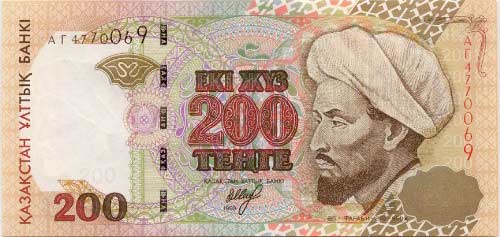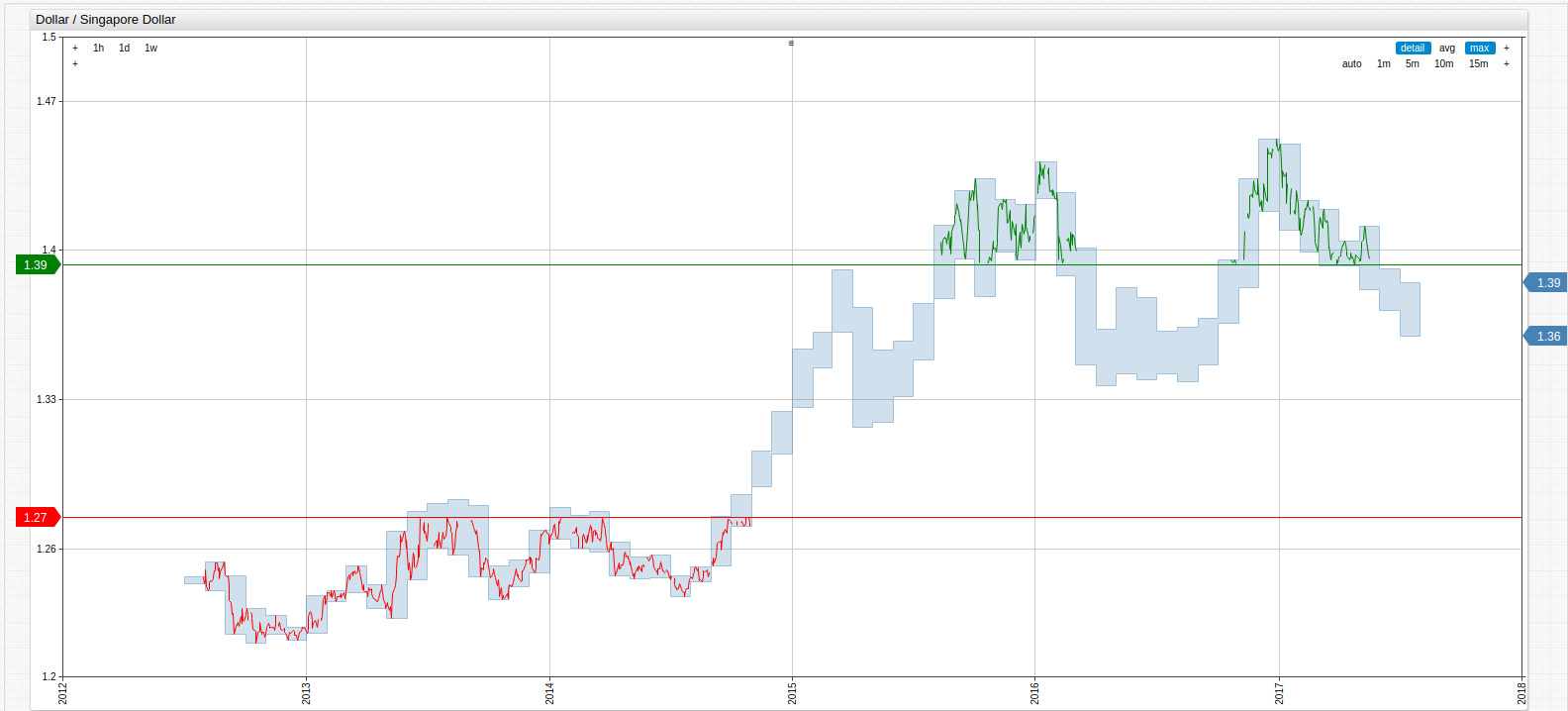
U s currency rates free#
The amended U.S.-Korea Free Trade Agreement (KORUS) deal only reached currency understandings, which are not published. For the TPP, a joint declaration of macroeconomic authorities separate from the trade deal was developed. To date, several different approaches for managing currency provisions in association with trade deals have emerged.The Trump administration has loudly complained about unfair currency practices and actively sought to bring exchange rate issues into trade deals.Treasury’s Foreign Exchange Reports, as well as U.S.-led initiatives in multilateral fora such as the Group of 7 (G-7) Group of 20 (G-20) and the International Monetary Fund (IMF). These realities have been reflected in the evolution of the U.S. Republican and Democrat administrations until the present sought to make progress on currency issues, while managing and defusing currency-related protectionist pressures.policies-especially excessively expansionary fiscal policy-a reality U.S. But currency market pressures have also been an unintended product of U.S. currency complaints have been legitimate.

economic engine to fuel global growth, giving rise to protectionist pressures. There is a decades-long history in the United States of perceptions about unfair foreign currency practices and/or excessive reliance on the U.S.exchange rate policy? What has actually been done? Is including currency provisions alongside or in trade deals a good idea? How should this be best managed? 1 KEY POINTS What is the historical context for including currency provisions alongside or as part of trade deals in U.S. foreign exchange policy, especially under the Donald Trump administration. Since that time, discussions on the association of currency provisions with trade deals have gained momentum and become a feature of U.S. The Barack Obama administration’s efforts to secure Trade Promotion Authority (TPA), in conjunction with advancing the Trans-Pacific Partnership (TPP), brought into focus a congressional push to associate currency provisions with U.S. Responding to Egregious Human Rights Abuses.Building Sustainable and Inclusive Democracy.Family Planning, Maternal and Child Health, and Immunizations.Energy, Climate Change, and Environmental Impacts.Weapons of Mass Destruction Proliferation.Defense Industry, Acquisition, and Innovation.



 0 kommentar(er)
0 kommentar(er)
